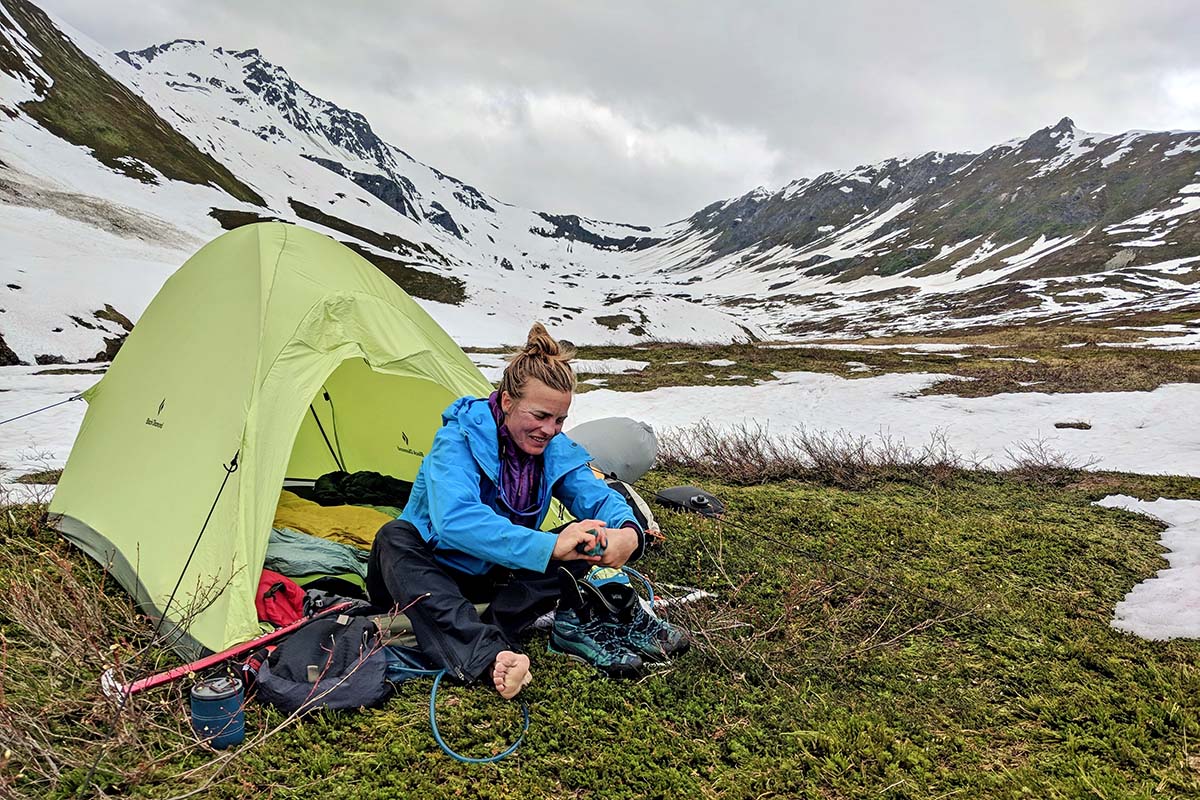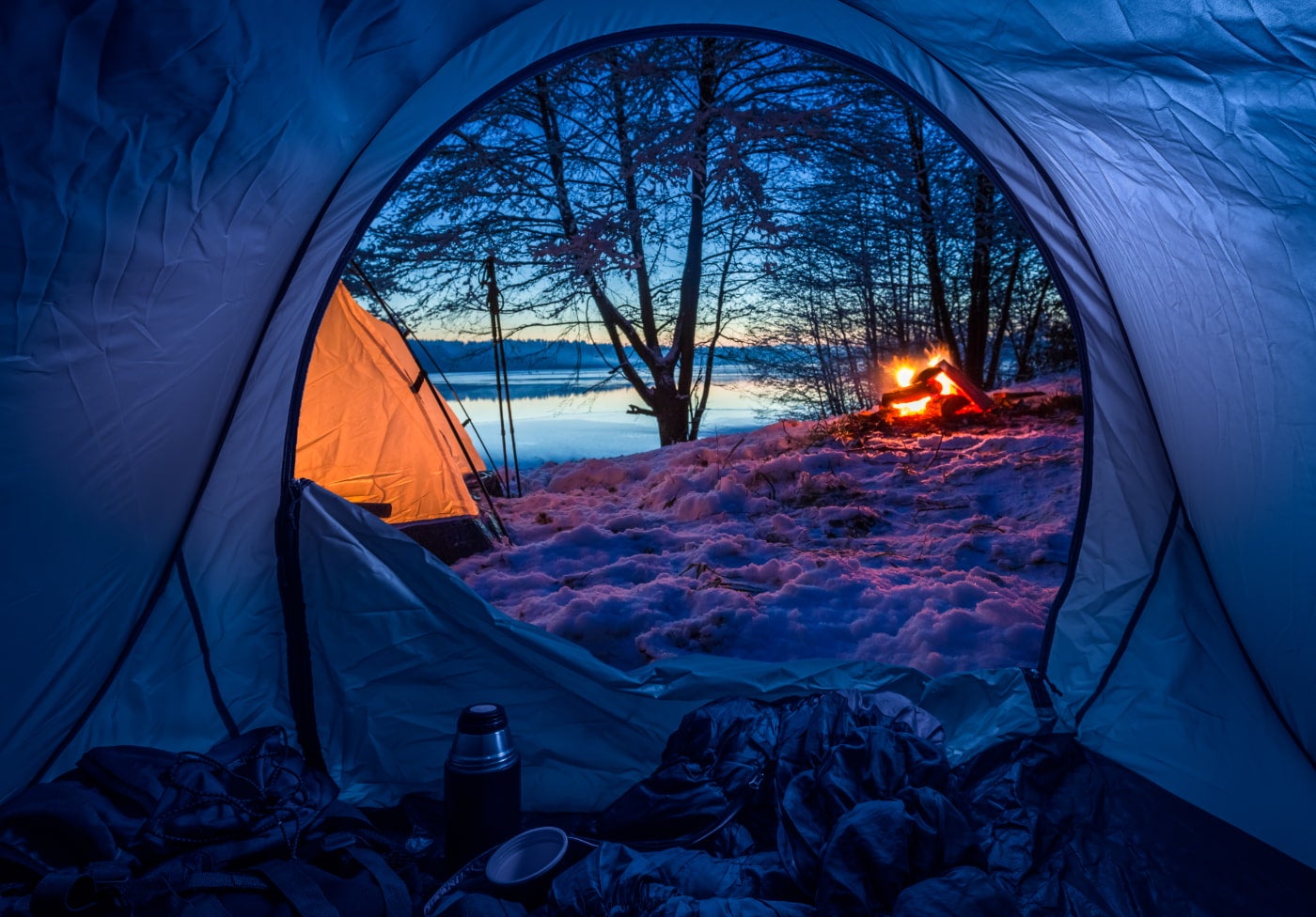
Introduction:
When it comes to outdoor adventures, having the right tent is crucial for a comfortable and enjoyable camping experience. Single-walled tents have gained popularity for their lightweight design and streamlined construction. However, choosing the right single-walled tent requires consideration of various factors to ensure it meets your specific needs. In this comprehensive guide, we will explore the key factors to consider when choosing a single-walled tent for your outdoor excursions. Divided into four parts, each containing two levels of content, this article will provide valuable insights to help you make an informed decision and find the perfect single-walled tent for your outdoor adventures.
Part 1: Tent Capacity and Size
Level 1: Determining Tent Capacity
The first step in choosing the right single-walled tent is considering the number of occupants. Consider the following aspects:
- Occupancy: Determine the number of people who will be using the tent. Single-walled tents typically range from one-person to multiple-person capacities.
- Gear Storage: Consider the space needed for storing gear and belongings inside the tent. Some single-walled tents offer vestibules or extra storage pockets for increased convenience.
Level 2: Evaluating Tent Size
After determining the tent capacity, it is essential to assess the tent’s size to ensure comfort and functionality. Explore the following ideas:
- Floor Area: Consider the floor area of the tent, including the length and width, to ensure it provides enough space for sleeping and moving around comfortably.
- Peak Height: Evaluate the tent’s peak height to determine if it allows for easy sitting or changing clothes inside the tent.
Part 2: Weight and Packability
Level 1: Assessing Weight
The weight of a single-walled tent is crucial, especially for backpackers and hikers who prioritize portability. Consider the following aspects:
- Base Weight: Evaluate the base weight of the tent, which includes the tent body, poles, and rainfly. Aim for a lightweight tent that is easy to carry during your outdoor excursions.
- Ultralight Options: If weight is a significant concern, consider ultralight single-walled tents specifically designed to minimize weight without compromising durability or weather resistance.
Level 2: Packability and Portability
In addition to weight, the packability and portability of a single-walled tent are important considerations. Explore the following ideas:
- Packed Size: Consider the packed size of the tent when folded and stored. A compact and easily packable tent is convenient for backpacking, allowing it to fit easily into your backpack or hiking gear.
- Ease of Assembly: Evaluate how easily the tent can be set up and packed away. Look for tents with intuitive designs and efficient assembly systems that save time and effort during your outdoor adventures.
Part 3: Weather Resistance and Durability
Level 1: Weather Resistance
When choosing a single-walled tent, it is essential to consider its weather resistance capabilities to ensure you stay protected during inclement weather. Consider the following aspects:
- Waterproofing: Look for a single-walled tent with a high waterproof rating and a durable water-resistant (DWR) coating on the fabric. This helps keep you dry during rain showers and prevents water from seeping into the tent.
- Wind Resistance: Consider the tent’s wind resistance capabilities, including sturdy construction, reinforced pole attachments, and multiple guy lines and stake points. These features enhance the tent’s stability in windy conditions.
Level 2: Durability
A durable single-walled tent will withstand the rigors of outdoor use and provide long-lasting performance. Explore the following ideas:
- Material Quality: Assess the quality of the tent’s materials, such as ripstop nylon or polyester, to ensure they are durable and resistant to tears and abrasions.
- Reinforced Construction: Look for features like reinforced seams, robust pole systems, and sturdy zippers, which contribute to the tent’s overall durability and longevity.
Part 4: Additional Features and Considerations
Level 1: Ventilation and Condensation Management
Proper ventilation and condensation management are essential for a comfortable camping experience. Consider the following aspects:
- Ventilation Systems: Look for single-walled tents with integrated ventilation systems or mesh panels that promote airflow and reduce condensation buildup inside the tent.
- Condensation Management: Consider tents with features like adjustable vents, strategic door placement, and specialized fabric coatings that minimize condensation and maintain a drier interior.
Level 2: Ease of Maintenance and Repairs
Maintaining and repairing your tent is crucial for its longevity. Explore the following ideas:
- Cleaning and Drying: Consider how easy it is to clean and dry the tent, as well as whether the materials are resistant to mold and mildew growth.
- Repairability: Assess the ease of repairing the tent, including the availability of repair kits or the ability to patch and seal any tears or damages in the fabric.
-
Price Range: Determine your budget range for a single-walled tent. Consider the features and quality you prioritize and find a tent that offers the best value within your budget.
- Cost vs. Quality: While it’s important to find a tent within your budget, prioritize quality and durability over the lowest price. Investing in a well-made, durable tent will ensure it lasts for many camping trips to come.
Conclusion:
Choosing right single walled tents is essential to ensure a comfortable and enjoyable outdoor experience. By considering factors such as tent capacity and size, weight and packability, weather resistance and durability, as well as additional features and maintenance considerations, you can make an informed decision that aligns with your specific needs and preferences. Remember to evaluate the tent’s intended use, climate conditions, and the type of outdoor excursions you plan to embark on. With the perfect single-walled tent, you can fully immerse yourself in nature while enjoying the comfort and protection it provides throughout your outdoor adventures.




